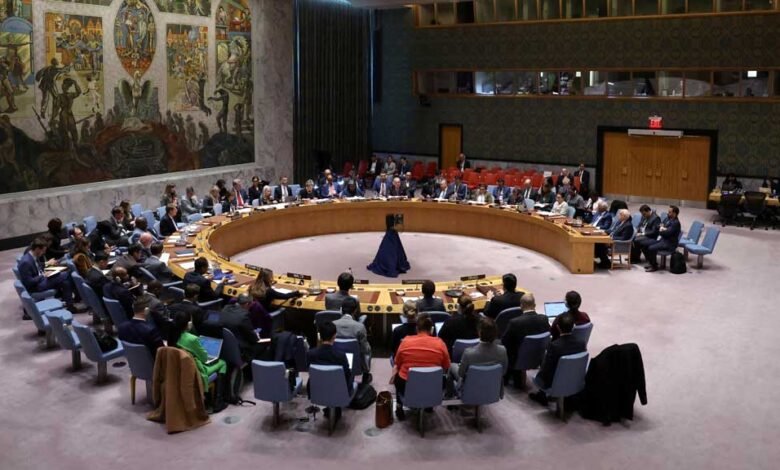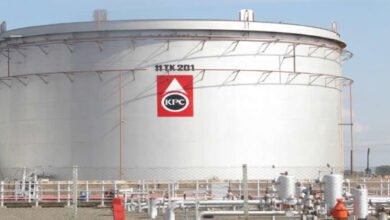
The United Nations Security Council is debating a British-proposed resolution demanding an immediate ceasefire in Sudan, urging warring factions to allow safe and unrestricted humanitarian aid across conflict zones and borders.
The Sudan conflict erupted in April 2023 due to a power struggle between the Sudanese army and the paramilitary Rapid Support Forces (RSF), disrupting a planned transition to civilian rule.
The ensuing violence has triggered the world’s largest displacement crisis, with widespread ethnic violence primarily attributed to the RSF, though the RSF denies civilian harm, attributing reported abuses to rogue actors. Last week, the Security Council imposed sanctions on two RSF generals in response to escalating atrocities.
“Nineteen months into the war, both sides are committing severe human rights abuses, including widespread sexual violence against women and girls,” said Barbara Woodward, Britain’s UN ambassador, as Britain assumed the Council’s presidency for November.
She also said “more than half of Sudan’s population is facing severe food insecurity,” while the Sudanese Armed Forces (SAF) and RSF continue prioritizing combat over addressing the humanitarian crisis.
Also Read: US Increases Aid to South Sudan by $100 Million to Provide Meals
The proposed resolution, which Britain aims to bring to a vote soon, requires at least nine votes in favor and no vetoes from permanent members (the U.S., France, Britain, Russia, or China) for adoption.
Nearly 25 million people – about half of Sudan’s population – are in urgent need of assistance, with famine affecting many displaced communities. Of the 11 million people forced to flee their homes, nearly 3 million have sought refuge abroad, according to the UN.
The British resolution demands that the RSF “immediately halt its offensives” across Sudan and calls on all parties to cease hostilities.
It also stressed the need for unrestricted humanitarian access across Sudan’s borders and through conflict zones, including the Adre border crossing with Chad, which is vital for aid deliveries to the war-torn Darfur region.
With a three-month permission for humanitarian use of the Adre crossing set to expire in mid-November, the resolution seeks to ensure its continued availability.
The Security Council previously adopted two resolutions on Sudan: one in March called for a Ramadan ceasefire, while another in June demanded an end to an RSF-imposed siege in North Darfur. Both resolutions passed with broad support, though Russia abstained, and urged immediate and unrestricted humanitarian access.





